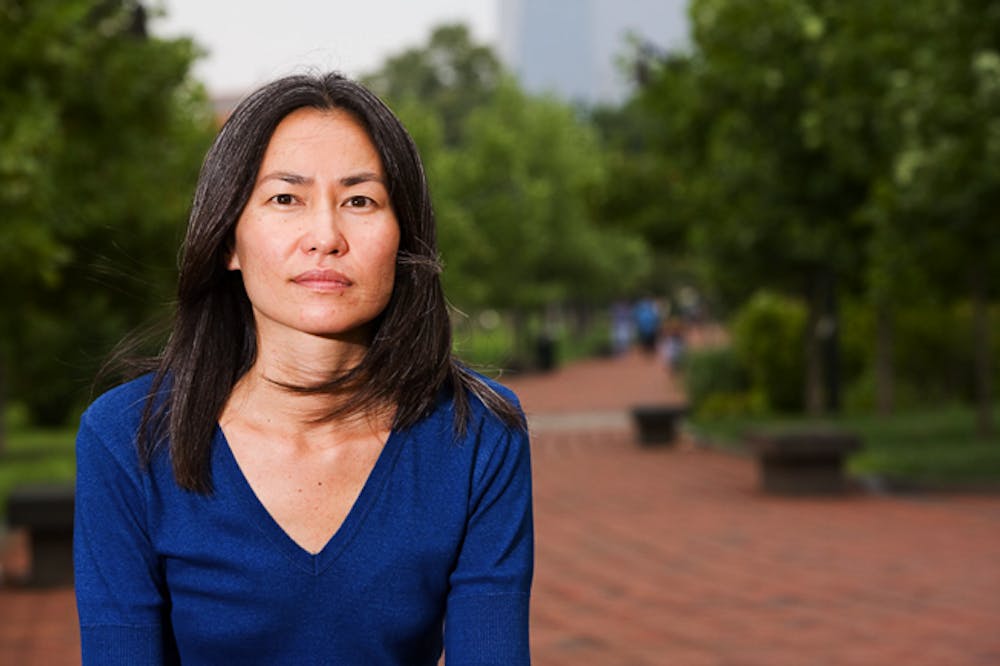Street: Was there a film that made you want to consider teaching them as a profession? Dr. Josephine Park: I was primarily trained in literary study, but I knew I wanted to think and talk about film when I saw Blade Runner. I saw it way too many times in high school and memorized it. Years later, when I pursued Asian–American studies, I saw how rich the film was for thinking about race in America. I first loved it for things like Rutger Hauer’s “tears in rain” blather, but then I appreciated the complex world presented in the film.
Street: You’ve been teaching Asians in Hollywood for a couple of years now, how have the paradigms shifted for Asian actors over the past few years? JP: Well, in some ways there hasn’t been much change at all, unfortunately. A key part of the course is tracing the long–standing power of a set of stereotypes that haven’t gone away, but what’s interesting is the way that they shift to accommodate changing political, social, and cultural forces. And in screening these films, we can examine how these actors work within and against these constrictions in their performances.
Street: The Academy Awards this past year primarily went to The Artist and Hugo, was there anything that deserved more recognition? JP: Alas, I’ve been so buried in older movies that I didn’t really make it to the movies very often this past year. It is interesting, though, to consider what kinds of audiences those awards address and serve. I noticed more coverage about the demographics of the Academy and how distant they seem to be from audiences who are looking for fresher and more adventurous representations.
Street: Certain directors are always pushing boundaries, moving their pictures into more expressionist (and sometimes almost oppressively different) territory. Has there ever been something you’ve seen that went too far in this direction? JP: Well, I have a pet peeve against Lars Von Trier, though I should admit I’ve seen few of his films. And Melancholia, which I also didn’t see, had a beautiful trailer. I’m interested in theories of constraint and the artistic visions that arise out of restrictions, but the version I’ve seen in his work struck me as ungenerative.
Street: By the same token, who do you think has the most powerful vision nowadays? JP: This is difficult because there are so many, but just to pick one: I love the elegance and warmth of Ozu, and I see echoes of his work (with some sharper edges) in the films of Hirokazu Koreeda.
Street: If you could start a new film study class at Penn, what would it be and why? JP: I’d love to do a class on science fiction and race. I suppose this could go back to my Blade Runner obsession, but there is so much exciting scholarly work right now on speculative genres and race. I’d love to look back at science fiction from the first half of the 20th century and trace those ideas and images into the present.
Street: To what effect has your own upbringing affected your readings of certain films? JP: Being Asian–American certainly shapes how I watch movies. For example, I remember how uncomfortable I was watching Fargo and being surprised that no one seemed to say anything about the portrayal of the uber–nerdy Asian–American in it.

